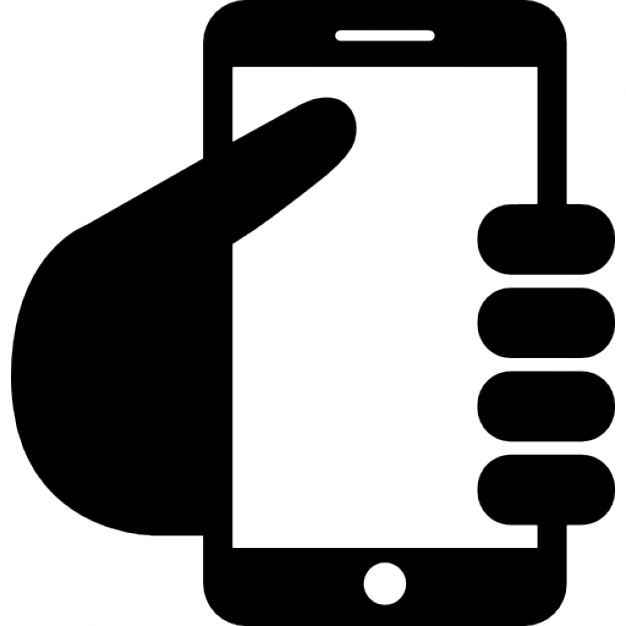
New app designed to help survivors of traumatic brain injury recognize and regulate emotions
Indiana University School of Medicine, May 8, 2018
A new app developed by an Indiana University School of Medicine faculty member is designed to help survivors of traumatic brain injuries recognize and regulate their emotions— skills that are critical to maintaining relationships and quality of life but that are often compromised in patients who have endured head traumas.
The app, called My Emotional Compass, is the result of years of research led by Dawn M. Neumann, PhD, associate professor of physical medicine and rehabilitation at IU School of Medicine and research director at the Rehabilitation Hospital of Indiana. It is available on the Apple App Store and the Google Play Store.
Patients with TBI frequently experience damage to regions of the brain and neural networks involved with processing emotions. As a result, many survivors have trouble identifying, labeling and expressing their emotions, a condition known as alexithymia. For example, patients may be unable to articulate that receiving a surprise gift made them feel happy and appreciative, or that being passed over for a promotion left them feeling frustrated and ashamed.
As many as 60 percent of individuals with moderate to severe TBI experience alexithymia, making it challenging to display empathy and respond in a socially appropriate manner in personal and professional relationships. Patients with mild TBI also experience this challenge.
There are no standard, evidenced-based interventions to treat these issues. The app and related research studies led by Neumann aim to begin filling this gap. My Emotional Compass is specifically designed to address alexithymia by helping patients interpret and put words to their own feelings.
“We need to re-teach individuals who have experienced a traumatic brain injury about emotions and give them an emotional vocabulary,” Neumann said. “It might sound simplistic, but the very act of labeling an emotion can help control it.”
In addition to problems with recognizing and labeling personal emotions, many patients with TBI also have difficulty recognizing others’ emotions, interpreting tone of voice, reading facial and physical cues, and responding empathetically to these cues. “You can’t understand what it means that someone else is feeling sad or angry if you don’t recognize those emotions in yourself,” Neumann said.
Because there is an association between recognizing self-emotions and recognizing and responding to others’ emotions, there is a possibility treatments aimed at reducing alexithymia may also improve these other related skills as well.
The app takes users through a series of questions and helps them identify how they are feeling in response to certain scenarios. For example, a user is asked to think of a situation that occurred earlier in the day, then to identify if the experience was pleasant or unpleasant, and to further refine the emotional response in terms of level of emotional charge. (Did the event elicit a strong, moderate or mild emotional arousal?) This ultimately guides the individual to understand the nuances between feelings of anxiety, fear, disgust or anger, for instance.
The app is based on a pilot study led by Neumann at the Rehabilitation Hospital of Indiana that employed the same techniques. It involved patients who, on average, had experienced a traumatic brain injury at least eight years prior. They underwent eight, one-hour emotional awareness training sessions with a research therapist. The results were promising. “We have patients who benefitted tremendously, and the benefits were lasting,” Neumann said.
After the trial, patients were given a laminated piece of paper that reinforced what they learned and served as their Emotional Compass. Neumann sought to make the tool available to a broader audience in a user-friendly format. She selected CreateAbility Concepts, Inc. to help develop the app because of the company’s understanding of this population. It helped transfer Neumann’s manual compass into a highly interactive app through an elaborate series of interviews and mock-ups.
CreateAbility Concepts licensed Neumann’s work through the IU Innovation and Commercialization Office, which protects, markets and licenses intellectual property developed at Indiana University so it can be commercialized by industry.
“This license agreement is a perfect marriage of Dawn Neumann’s outstanding content and CreateAbility Concept’s superior technical know-how,” said David Wilhite, director at ICO. “We are glad to license this intellectual property to an Indiana-based company to bring it to the market.”
Patients are encouraged to use My Emotional Compass in collaboration with a clinician, such as a psychologist or speech language pathologist.
“The inability to recognize and interpret emotions puts a significant strain on relationships and impedes a person’s quality of life, but it is a problem that is often overlooked as clinicians focus on immediate and long-term physical complications of the injury,” Neumann said. “My hope is that this app continues to shine a light on the importance of treating alexithymia and other related conditions and empowers patients by giving them access to an effective, easy-to-use tool.”
